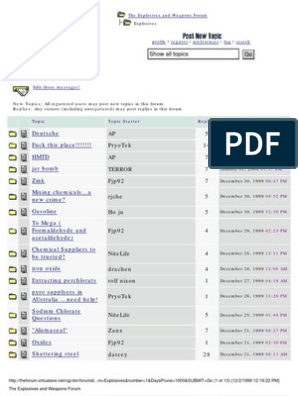100% found this document useful (1 vote)
1K views13 pagesChemistry Project: Ion Study
This document summarizes a chemistry project on studying ions in common fertilizers. [1] The project was completed by Dibyansu Das, a class 12 student at Madnawati Public School, and was guided by their chemistry teacher Mrs. P.P. Sarangi. [2] The aim of the project was to identify the cations and anions present in common fertilizers through a series of chemical tests. [3] The results showed that fertilizer I contained nitrate and ammonium ions, identifying it as ammonium nitrate, while fertilizer II contained sulphate and ammonium ions, identifying it as ammonium sulphate.
Uploaded by
ansu dasCopyright
© © All Rights Reserved
We take content rights seriously. If you suspect this is your content, claim it here.
Available Formats
Download as DOCX, PDF, TXT or read online on Scribd
100% found this document useful (1 vote)
1K views13 pagesChemistry Project: Ion Study
This document summarizes a chemistry project on studying ions in common fertilizers. [1] The project was completed by Dibyansu Das, a class 12 student at Madnawati Public School, and was guided by their chemistry teacher Mrs. P.P. Sarangi. [2] The aim of the project was to identify the cations and anions present in common fertilizers through a series of chemical tests. [3] The results showed that fertilizer I contained nitrate and ammonium ions, identifying it as ammonium nitrate, while fertilizer II contained sulphate and ammonium ions, identifying it as ammonium sulphate.
Uploaded by
ansu dasCopyright
© © All Rights Reserved
We take content rights seriously. If you suspect this is your content, claim it here.
Available Formats
Download as DOCX, PDF, TXT or read online on Scribd
/ 13

























































































